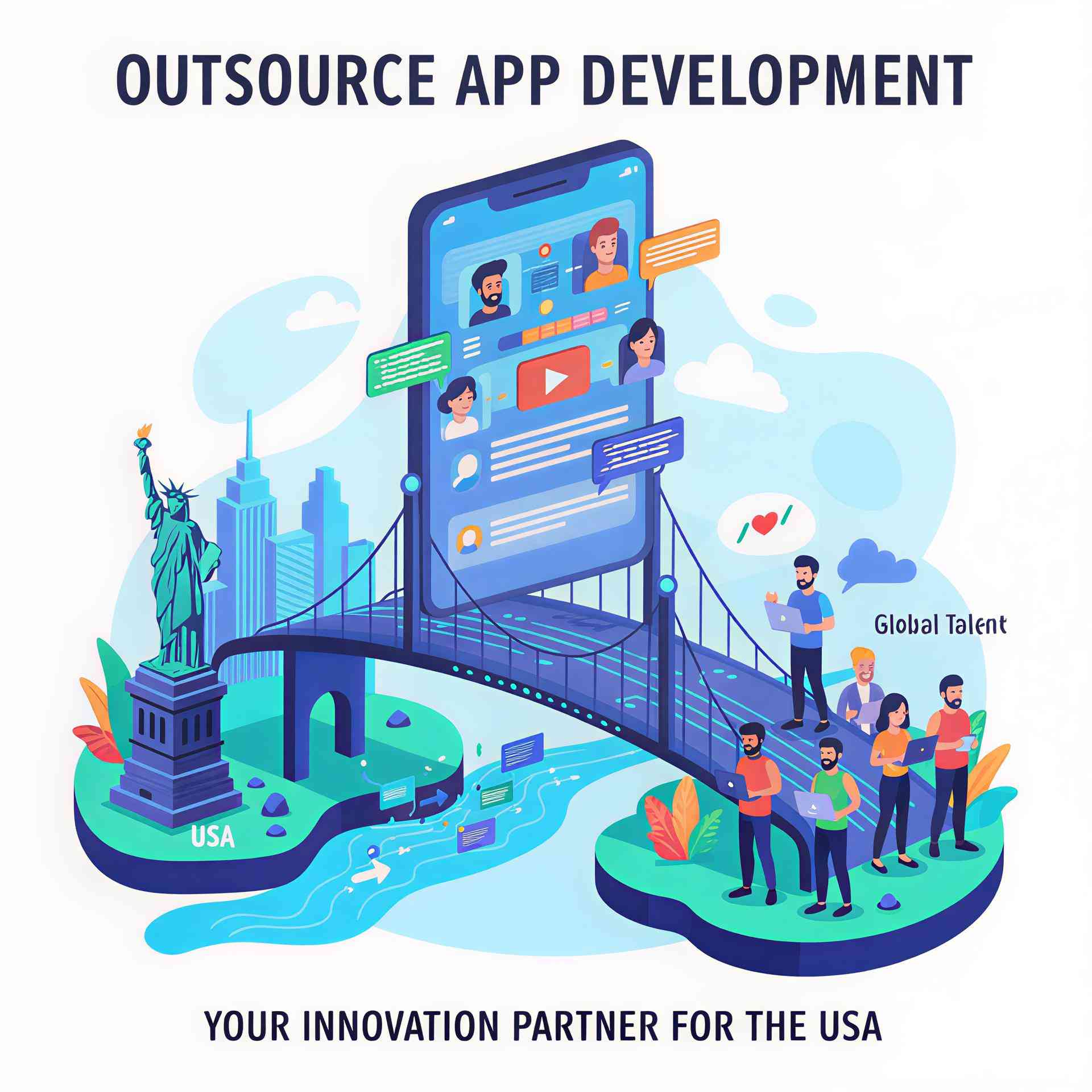How to Decide Between Native and Hybrid App Development Services in India

Introduction
Choosing the right app development approach can make or break your project. If you’re planning to launch a mobile app, you’ve likely come across the terms native and hybrid app development. Both have their advantages, but understanding the difference is key to making the right choice. Partnering with a reliable mobile application development company in India like Devherds can guide you through this decision, especially if you’re a USA-based client looking for quality, cost-effective solutions.
What Is Native App Development?
Native apps are built specifically for a single platform, like Android or iOS. They leverage platform-specific languages (Java/Kotlin for Android, Swift/Objective-C for iOS) and take full advantage of the device’s features, offering superior performance and a seamless user experience.
What Is Hybrid App Development?
Hybrid apps use a single codebase for multiple platforms, typically built using frameworks like Flutter, React Native, or Ionic. They combine web technologies (HTML, CSS, JavaScript) with native containers, allowing faster development and easier maintenance across platforms.
Key Differences Between Native and Hybrid Apps
Understanding these differences helps you choose wisely:
-
Performance: Native apps generally perform faster due to optimized code. Hybrid apps may experience slight lag for complex tasks.
-
Development Time: Hybrid apps are quicker to develop since a single codebase works across platforms.
-
Cost: Hybrid development can be more cost-effective because you don’t need separate teams for Android and iOS.
-
User Experience: Native apps offer a smoother, more responsive UI/UX, while hybrid apps may have minor inconsistencies.
Advantages of Choosing Native Apps
Native apps shine in performance-critical scenarios. They allow access to device hardware like cameras, GPS, sensors, and offline functionality without compromise. They are perfect for apps requiring advanced animations, high graphics, or frequent updates.
Advantages of Choosing Hybrid Apps
Hybrid apps save time and money. With a single codebase, updates roll out simultaneously on Android and iOS. Hybrid apps are ideal for MVPs (Minimum Viable Products) and startups that want to test market response quickly.
Factors to Consider Before Choosing
Here are essential factors to evaluate before making a decision:
-
Budget: How much are you willing to invest upfront?
-
Timeline: Is a quick launch important for your strategy?
-
Performance Needs: Will your app handle high-end graphics, AR, or complex animations?
-
User Base: Are you targeting a single platform initially or multiple platforms?
The Role of a Mobile Application Development Company in India
Hiring a skilled mobile application development company in India can help you weigh these factors effectively. Indian companies have a strong reputation for delivering high-quality apps at competitive rates while maintaining global standards, making them a go-to option for USA clients.
Why Devherds Is the Best Choice
Devherds stands out as a leading provider of mobile application development services in India for USA clients. They specialize in both native and hybrid development, offering:
-
Expertise in Flutter, React Native, Swift, and Kotlin
-
Transparent development processes with Agile methodology
-
End-to-end services from UI/UX design to post-launch support
-
Seamless collaboration across time zones
Devherds ensures you get a tailor-made solution that fits your goals, budget, and timeline.
Performance and Speed Considerations
If your app requires smooth animations, heavy processing, or real-time responsiveness, native development is ideal. Hybrid apps are improving but might face performance limitations for highly complex tasks. Discuss your requirements with your development partner to make an informed choice.
Cost and Maintenance Implications
Native apps often require two separate teams for iOS and Android, which can increase costs and maintenance efforts. Hybrid apps reduce duplication of work, simplifying updates and maintenance, which can be a strategic advantage for startups and small businesses.
UI/UX Experience Matters
Native apps integrate seamlessly with device-specific gestures, navigation, and design standards, providing a natural experience. Hybrid apps have improved significantly with modern frameworks, but subtle inconsistencies in UI/UX may occur across platforms.
Scalability and Future-Proofing
A native app may be easier to scale for advanced functionalities in the future, whereas hybrid apps offer moderate scalability. Ensure your development partner plans for future growth, server load, and feature expansion regardless of the approach you choose.
Security Considerations
Both native and hybrid apps can be secure, but native apps benefit from platform-specific security features and updates. Hybrid apps require additional attention to prevent vulnerabilities, particularly when integrating third-party plugins.
Post-Launch Support and Updates
Ongoing support is crucial for app longevity. Ensure the company provides continuous maintenance, bug fixes, and performance optimization. Devherds excels in delivering post-launch support, ensuring your app remains competitive and functional across platforms.
How to Make the Final Decision
Summarizing the key points:
-
Choose native if performance, advanced UI/UX, and device integration are top priorities.
-
Choose hybrid if cost-effectiveness, faster deployment, and multi-platform reach are essential.
-
Consult a trusted mobile application development company in India like Devherds to align your business goals with technical solutions.
Conclusion
Deciding between native and hybrid app development is a critical step for your app’s success. While native apps excel in performance and user experience, hybrid apps provide cost-effective, cross-platform solutions. Partnering with an expert like Devherds ensures you make the right choice and build a high-quality app that resonates with your target audience, particularly for USA clients seeking reliable mobile application development services in India.
- Art
- Causes
- Crafts
- Dance
- Drinks
- Film
- Fitness
- Food
- Jocuri
- Gardening
- Health
- Home
- Literature
- Music
- Networking
- Alte
- Party
- Religion
- Shopping
- Sports
- Theater
- Wellness



